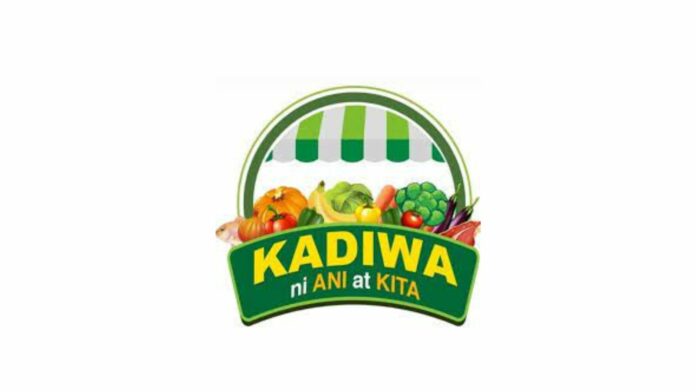The government should only deploy Kadiwa rolling stores in select markets and for only a limited time to remain sustainable, according to a member of the Monetary Board (MB) of the Bangko Sentral ng Pilipinas.
MB member Bruce Tolentino, told reporters in a seminar jointly hosted by the Economic Journalists Association of the Philippines (EJAP) and San Miguel Corp. (SMC) in Clark, Pampanga that the deployment of Kadiwa rolling stores is beneficial if kept only in select locations such as depressed communities, during emergencies and disasters and only for a limited time frame.
“You can only keep it briefly, you can only keep it for a few weeks, a few months as it will cost government money. I think if we view the Kadiwa as a targeted, short-term assistance, it will be useful but if you view it as a long term (program), it is wasteful.”
MB member Bruce Tolentino
Tolentino said if the consuming public knows how government stocks up produce in Kadiwa stores, especially the difference between its buying and selling price or the rate of subsidy being provided to understand better if the model is sustainable.
“It’s quick-acting but it is usually not sustainable. It will only last until the ayuda (assistance) is available, including the Kadiwa. Kadiwa is cheap food, bought by the DA at a high market price and sold at a subsidized price. But how long can they keep those subsidies?” Tolentino further said.
In April, other agriculture stakeholders voiced their concern on the sustainability of the Kadiwa system when the government started selling rice at P25 per kilogram.
Back then, the Samahang Industriya ng Agrikultura pointed out the farmgate price of rice ranged from P23 and P23.50 per kilo, which translates to P42 to 46 per kilo at retail, without government intervention.
The Federation of Free Farmers separately said selling rice at P25 to P20 per kilo is possible up to the point when the government acknowledges it can no longer afford the cost of the subsidy.
The group emphasized that rice at P25 per kilo in Kadiwa stores is “artificial and unsustainable” which may be long on intention but short on impact.
As February this year, the DA Agribusiness and Marketing Assistance Service said 308 Kadiwa stores, pop-up units and Kadiwa-on-wheels have deployed nationwide.
Just last week, the Sugar Regulatory Administration bared ongoing talks with groceries and supermarket chains on the free use of store shelves and other spaces as additional venue for agricultural goods sold at Kadiwa subsidized prices.







